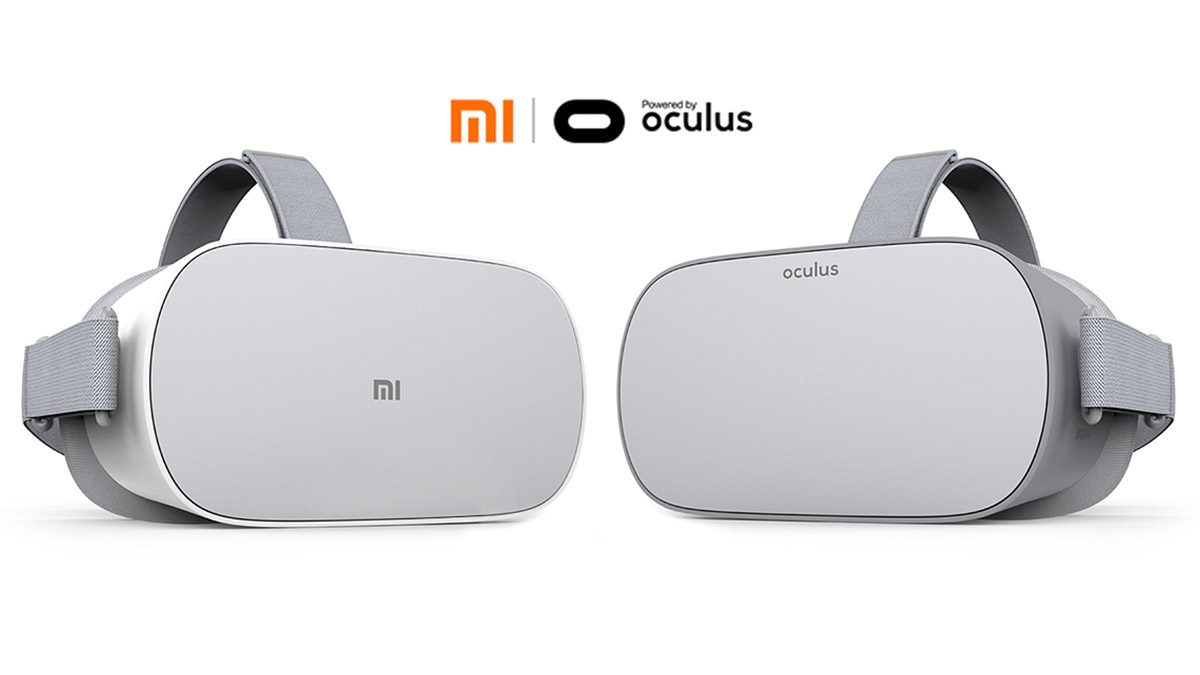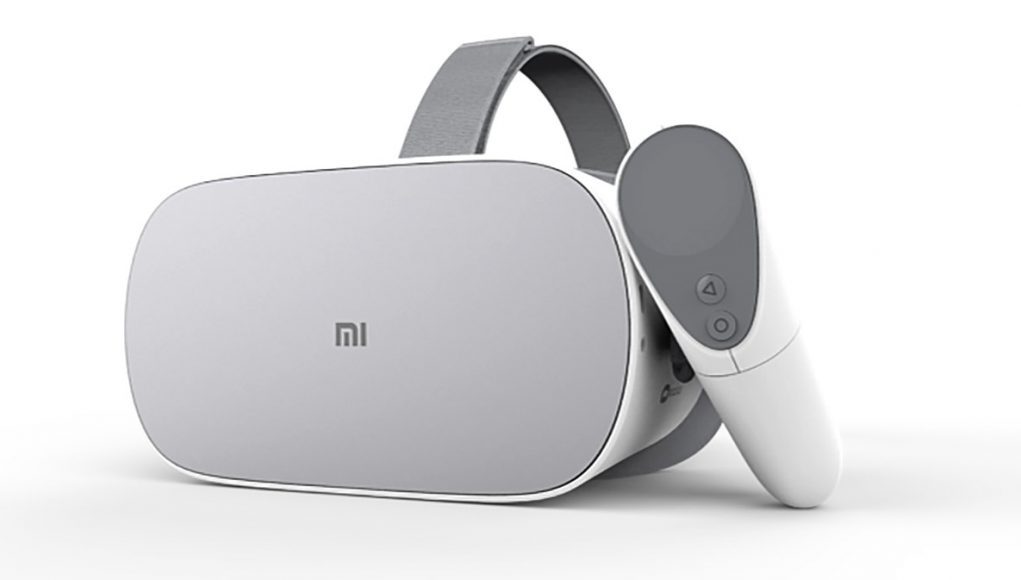Oculus previously announced earlier this year that Oculus Go, the company’s 3DOF standalone headset, would officially launch in 23 consumer markets, although China would be receiving its own version with Xiaomi branding. Now, at a conference in Shenzhen, the Chinese tech giant announced that Mi VR has officially launched in China.
According to Chinese tech publication Yivian, Mi VR is priced at ¥1,500 yuan ($235) and ¥1,800 yuan ($280) for the 32GB and 64GB versions respectively, a slight increase over Oculus Go’s $200/$250 price tag in the US, which is likely due to Chinese Value Added Tax of 17%.
Like Oculus Go, Mi VR features a Snapdragon 821 SoC, 2,560 × 1,440 (538 PPI) ‘fast-switch’ LCD display, and a single 3DOF controller. From the outside, the only difference comes down to the white body and badging; in place of Oculus, you now have a ‘Mi’ logo prominently on the faceplate.

While both headsets are actually manufactured by Xiaomi, the software experience is a slightly different story however. Oculus Go features 1120+ VR applications in the US market already, but it’s possible only a fraction of those are destined for the Chinese market at launch due to localization issues, and of course excluding more prominent apps that directly compete with Chinese variants.
Mi VR however supports the Oculus Mobile SDK, letting existing Oculus developers bring their content to Mi VR, providing the content is localized for the Chinese market. As added incentive, Oculus is offering 100% revenue share to devs throughout 2018 who localize content for Mi VR.
This effectively gives mobile VR developers one of two major ways to easily bring their content to Chinese consumers, be it through Mi VR, or HTC’s soon-to-launch Vive Focus standalone, which is now available as a developer kit in the US and many European countries.
As for launch content, Xiaomi announced at the Shenzhen conference that they’re working with partners iQIYI VR (Chinese Netflix), Youku VR (Chinese YouTube), Jaunt China, Within, Felix & Paul, and Japanese film studio Asmik Ace.







